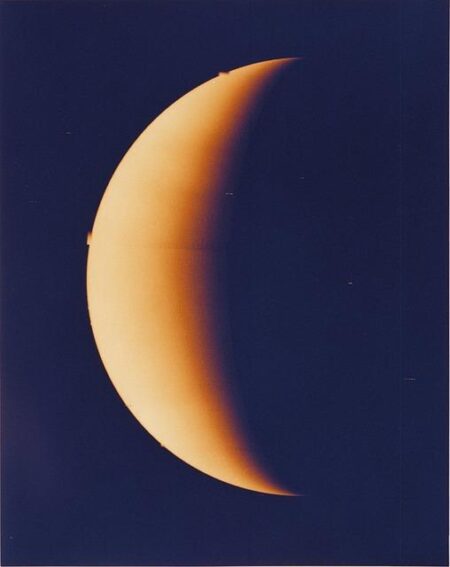The doping case involving Iga Swiatek has gained extra context with a press release from LEK-AM, the Polish pharmaceutical firm that produced the melatonin complement linked to her constructive check. The tennis star, presently serving a one-month suspension for testing constructive for the banned substance trimetazidine (TMZ), was discovered to have ingested the substance by means of a contaminated batch of the corporate’s Melatonina LEK-AM 1 mg, used to handle jet lag and sleep points.
Of their assertion, LEK-AM expressed deep remorse over the state of affairs, each as professionals and as followers of the tennis champion. They reiterated their dedication to producing high-quality medicine in compliance with Good Manufacturing Practices (GMP) and emphasised the security of their melatonin complement, which has been trusted by medical doctors, sufferers, and athletes for years.
The corporate confirmed that whereas traces of impurities have been discovered within the examined packages, they have been nicely beneath acceptable security requirements and posed no menace to sufferers’ well being. Nevertheless, these impurities led to the inadvertent doping violation that disrupted Swiatek’s profession and value her the No. 1 world rating to Aryna Sabalenka in October.
LEK-AM clarified that the Worldwide Tennis Integrity Company (ITIA) didn’t straight contact them relating to the case. As a substitute, a UK-based legislation agency, whose shopper was not disclosed, reached out with requests that the corporate deemed legally questionable below Polish pharmaceutical legal guidelines. This lack of readability and potential authorized battle led to LEK-AM not responding on the time.
Reflecting on the state of affairs, LEK-AM acknowledged that, with hindsight, they’d have initiated contact to help Swiatek’s case. They’re now in steady dialogue with the Chief Pharmaceutical Inspectorate (GIF) and have pledged full cooperation to make clear any remaining doubts in regards to the incident.
Swiatek’s suspension will finish on December 4, 2024. The ITIA dominated her violation unintentional, recognizing the contamination because the supply of the banned substance.






